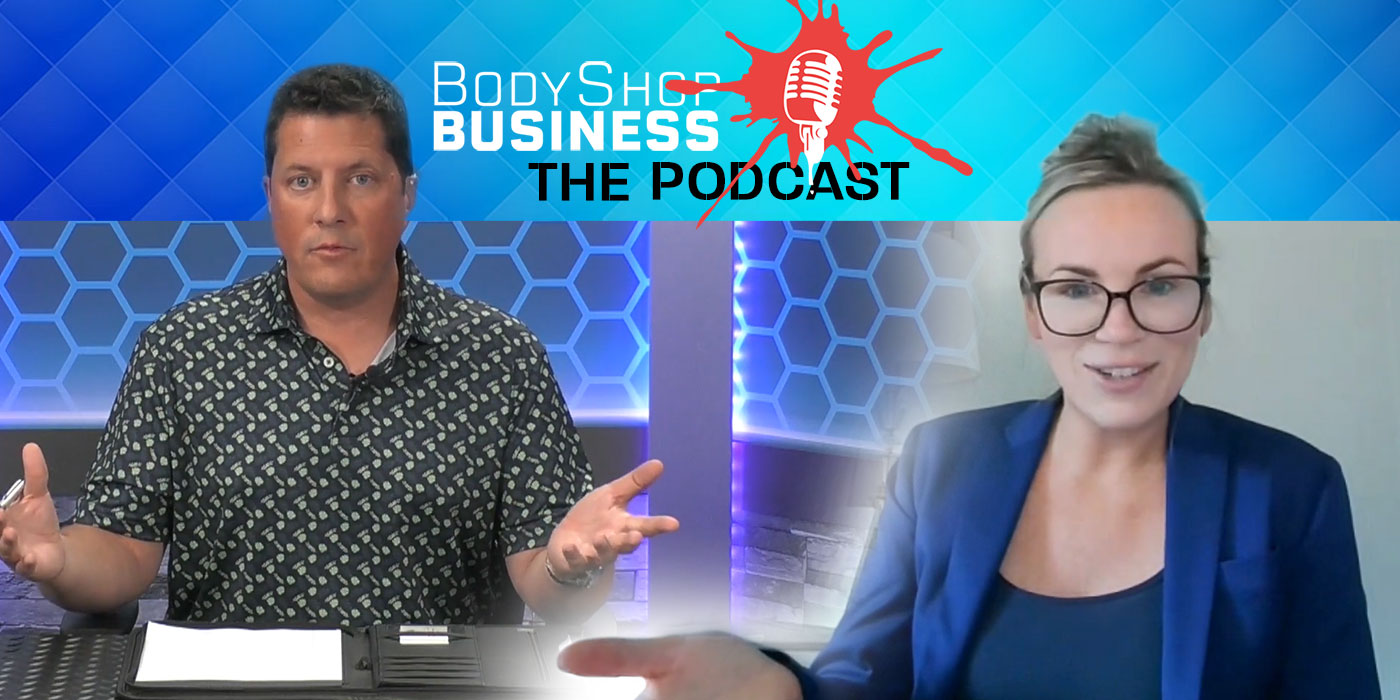When I first started out in the collision repair industry helping my brother with his business, my initial perspective was that we needed to create a solid accounting foundation so we could learn the right way to run the operation. That was in 1997, and the business was growing, but we needed to know what parts of the business were profitable, what weren’t and how we could effectively manage everything.
Fast forward 25 years, and that accounting foundation is still at the heart of our business. As the co-owner of three collision repair locations in Denver — CARSTAR Ideal Northglenn, CARSTAR Ideal Arvada and CARSTAR Ideal Littleton — there isn’t a day that goes by that I don’t review the numbers. That keeps us on track for our daily operations and our long-term goals.
So, how do you create a good financial management system, particularly if you aren’t an accountant? It’s easy when you’re starting a new business or adding a new location, but even if this isn’t the case, incorporating smart business practices will still deliver positive results.
Goals and Budget
It starts with your goals and budget. We set clear financial goals at each of our locations and work toward achieving them through proactive financial management. We rely heavily on building an accurate and detailed budget each year as well as making sure that we have distinct and separate categories for each area of the business.
It’s important that your accounting categories are relevant to your business — you can’t mix apples and oranges! It’s also critical that you diligently categorize your transactions correctly year to year so that you can clearly see your income and expenses in each category. This will provide insight into spending habits and how each profit center is performing. We routinely conduct a dive deep into each profit center to see where we need to improve our gross profits, which keeps us on the path to our goals.
Staying the Course
Having an outside accountant is key, particularly with larger operations and multiple locations. We’ve always relied heavily on our accountant, with whom we have quarterly meetings to review our accounting files and look at our profit centers to make adjustments if needed. We also recently moved our company over to a professional employer organization (PEO) provider who handles payroll, payroll taxes and worker’s compensation. It also provides a full human resource center as well as offers and manages an extensive benefits package to all of our employees, which removes a significant time burden from me and my team and allows us to provide more robust benefits.
Once you have your accountant and your financial management system in place, stay the course with your plan. When you’re ready to expand, your foundation is ready. The ability to expand is made possible by truly understanding your finances and becoming profitable before expanding. Once your accounting and budgets are in place, they’re easily transferable when you grow.
Tax Season
Another reason your financial management system is important is tax season. This is where having an outside accountant is critical.
Create a tax file at the beginning of each year to store files all year long instead of waiting until the end of the year to gather the information. Put in the effort every week to make sure your monthly accounting is done accurately and reconciled each month.
We comb through our profit-and-loss statement monthly to verify data and locate any discrepancies so that we’re staying on top of errors. Maintaining this organization throughout the year will keep things simple at the end of the year as you and your accountant prepare your taxes. We also meet with our accountant at the beginning of each year to review the prior year and set goals.
Five Smart Moves
Looking ahead for 2022, here are five smart moves a collision repair facility should consider:
- Keep your accounting clean and organized. Always remember: Garbage in is garbage out. You cannot fix what you do not measure! I learned this very early on in my career, and it’s still true today.
- If you’re not creating a budget every year, you should start now. This is how you identify your true breakeven point and set accurate yearly goals.
- Understand your cash flow needs, know what your breakeven point is, and know where your money is going. Once you understand where your money is being spent, you’ll be able to ask yourself whether it’s more important to earn more or spend less. Taking control of your finances helps you to adjust your priorities. It may be that your revenues are good, but your spending needs to be adjusted.
- Always plan for the unexpected. The last two years should have taught everyone that! Once you get your spending and savings habits under control, it’s smart to make sure you save three to six months of your operating expenses as an emergency fund. We all experienced COVID and — for a large majority of people, including myself— we were not prepared financially for the type of reduction in revenues most of us experienced. It’s our goal moving forward to be in a better position to prepare for the unexpected.
- Work with your accountant at the beginning of the year to understand your tax situation. Make sure there isn’t something you should be doing throughout the year to minimize your tax liability. It’s harder to correct in the rearview mirror!
Summary
For some collision repair facility owners, accounting and financial management is a headache that gets in the way of repairing vehicles. But creating a solid foundation for managing finances, working proactively with an accountant to track the numbers and having a long-term plan for success is the best medicine when it comes to running your business effectively.














